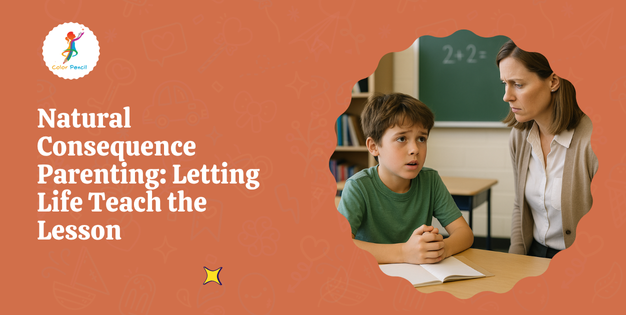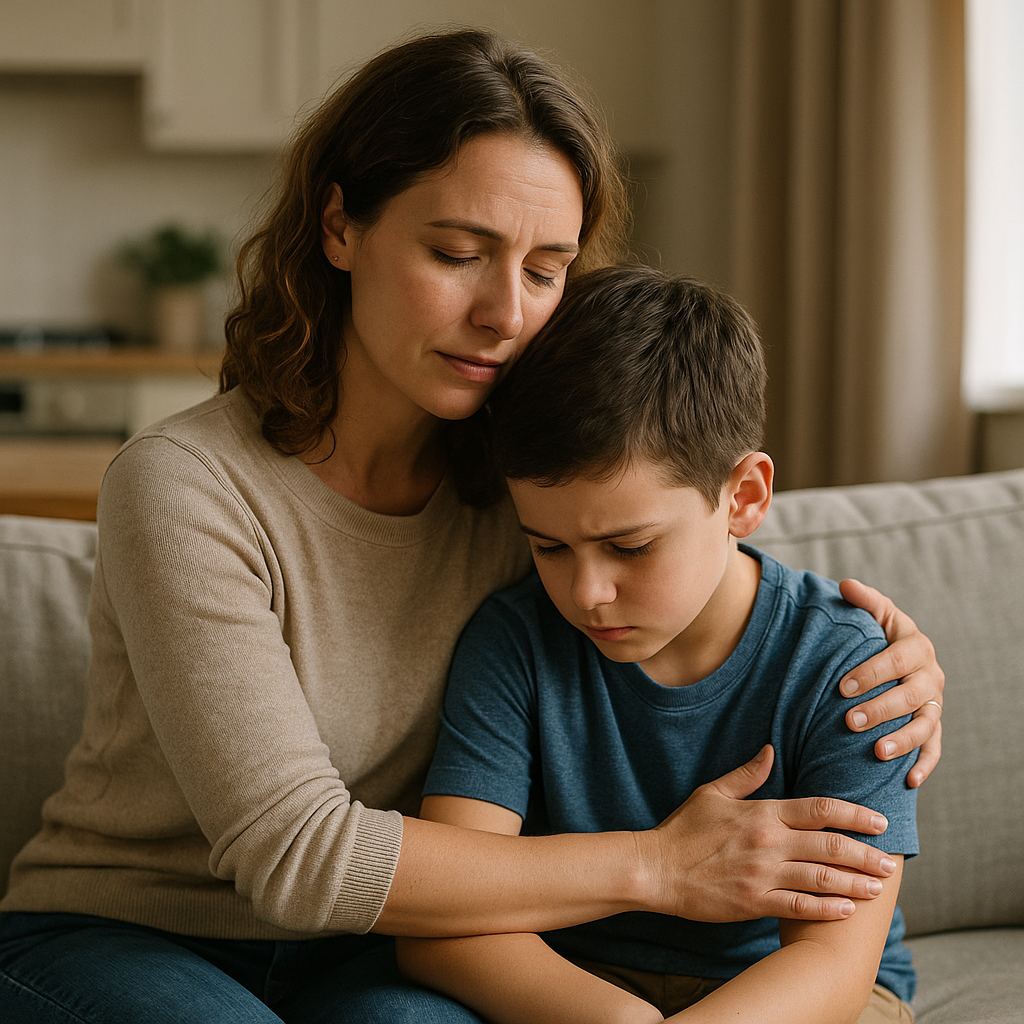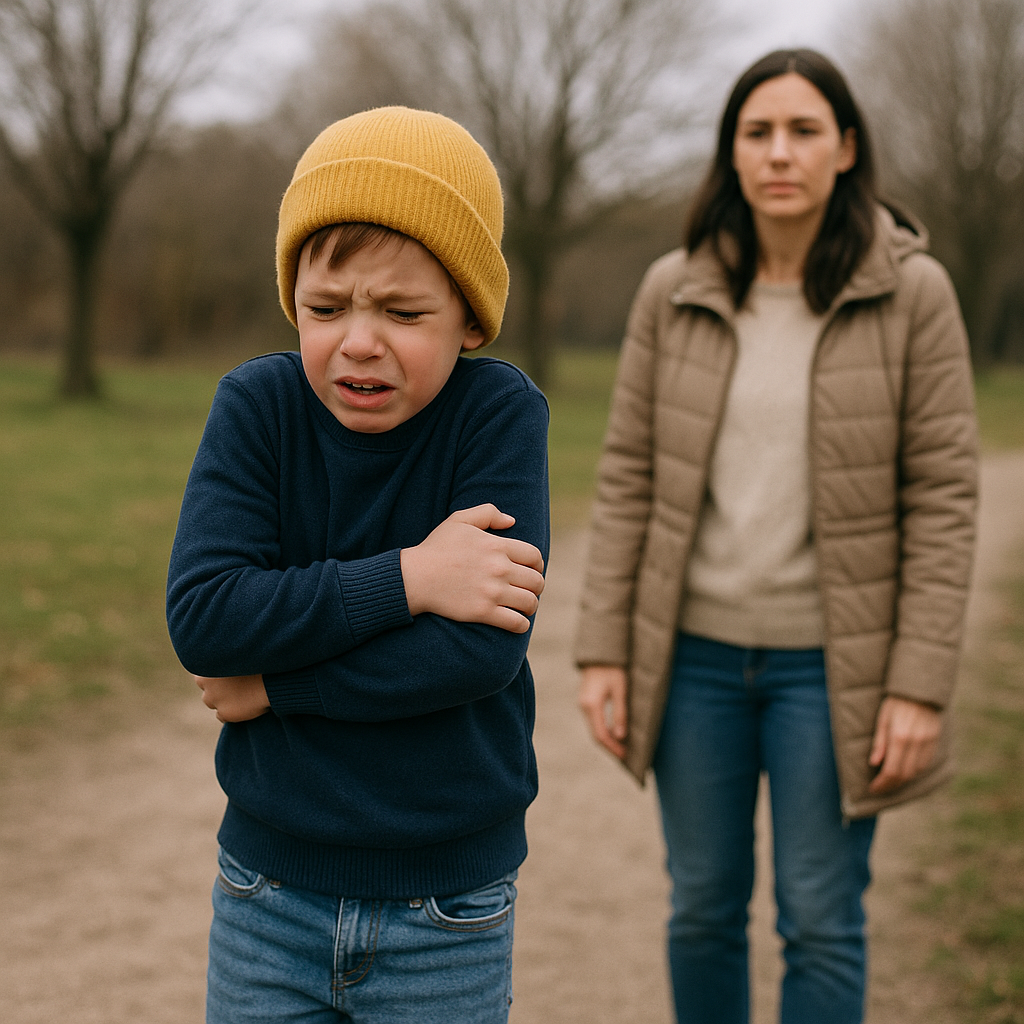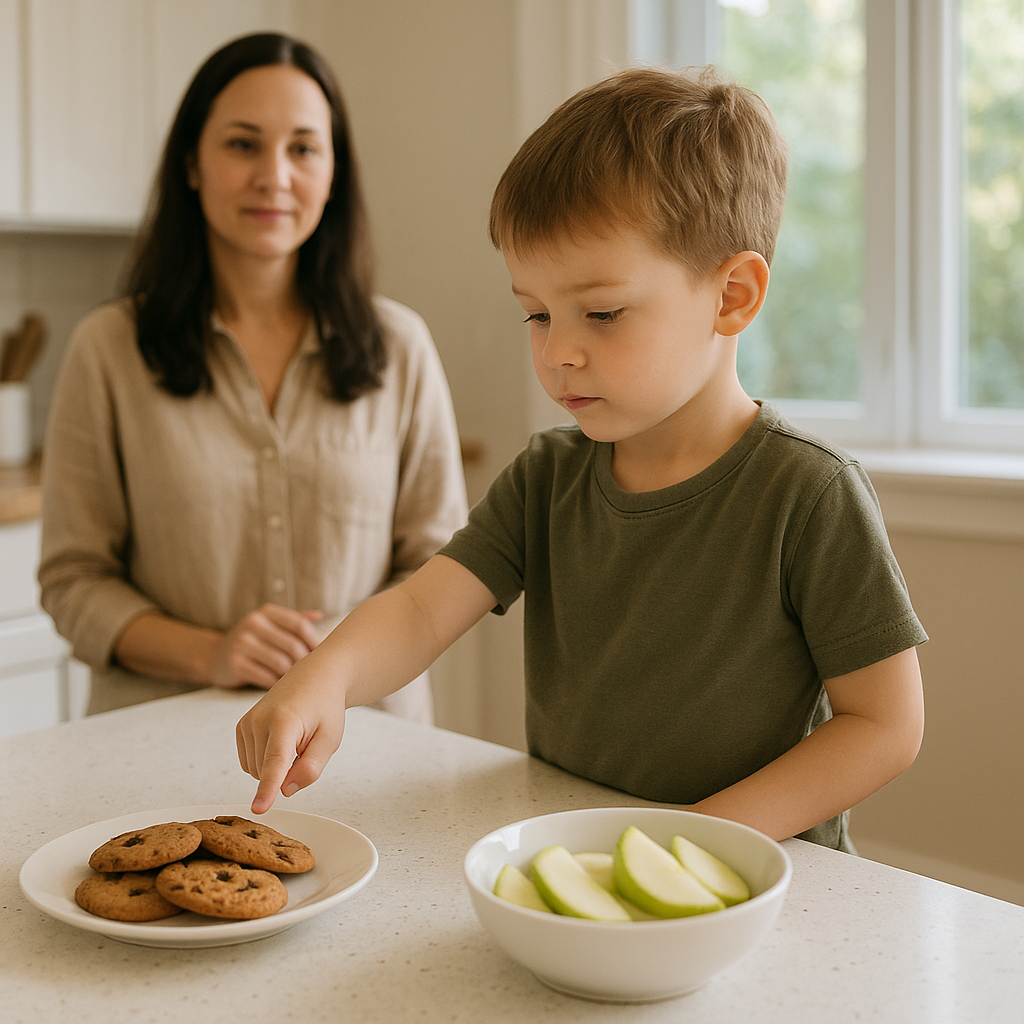
Top 10 Flashcard Combos for Holistic Toddler Learning
Did you know that up to 80% of a toddler’s brain develops in the first five years? As a parent, you’re likely eager to give

How Allowing Real-World Outcomes Helps Children Build Responsibility and Resilience
Every parent wants to shield their child from adversity — but some of the best learning experiences come from living through adversity. Natural (logical) consequence parenting is based on this idea: that permitting children to experience the logical consequences of their decisions (while under safe constraints) is a far superior teacher of responsibility, accountability and decision-making than punishment or control.
This tactic helps children learn about cause and effect in a respectful, memorable, and empowering way.

Natural consequence parenting is an approach in which parents let kids suffer the results of their decisions—when it’s safe to do so—without stepping in and rescuing. It sidesteps second-order punishment, and allows reality to be the teacher.
Example: A child who refuses to wear a jacket may get cold. If they forget their homework, they face the music in school. The secret is safety: the effect should never lead to a dangerous situation for the child.
This method of parenting is commonly applied in positive and respectful parenting approaches, allowing children to take more control, while teaching them about responsibility.
A lot of families are attracted to this style because it:

Children who experience natural consequences will, when applied correctly, be much more likely to:
This strategy works best when parents remain calm, consistent and compassionate. Here’s how you can start using it in your own life:

Feeling Overwhelmed? Let’s Talk! Join Our Parent Forum and Get Expert Advice & Support!
Natural consequence parenting isn’t about being hands off or indifferent— it’s about caring enough to back off in when it’s called for. This is because in such an environment, children would learn from their actions and become more independent and emotionally intelligent.
Letting life teach doesn’t mean you stop guiding — it means you believe in your child’s ability to learn, to grow, to rise. And through that trust, they learn something powerful: to believe in themselves.